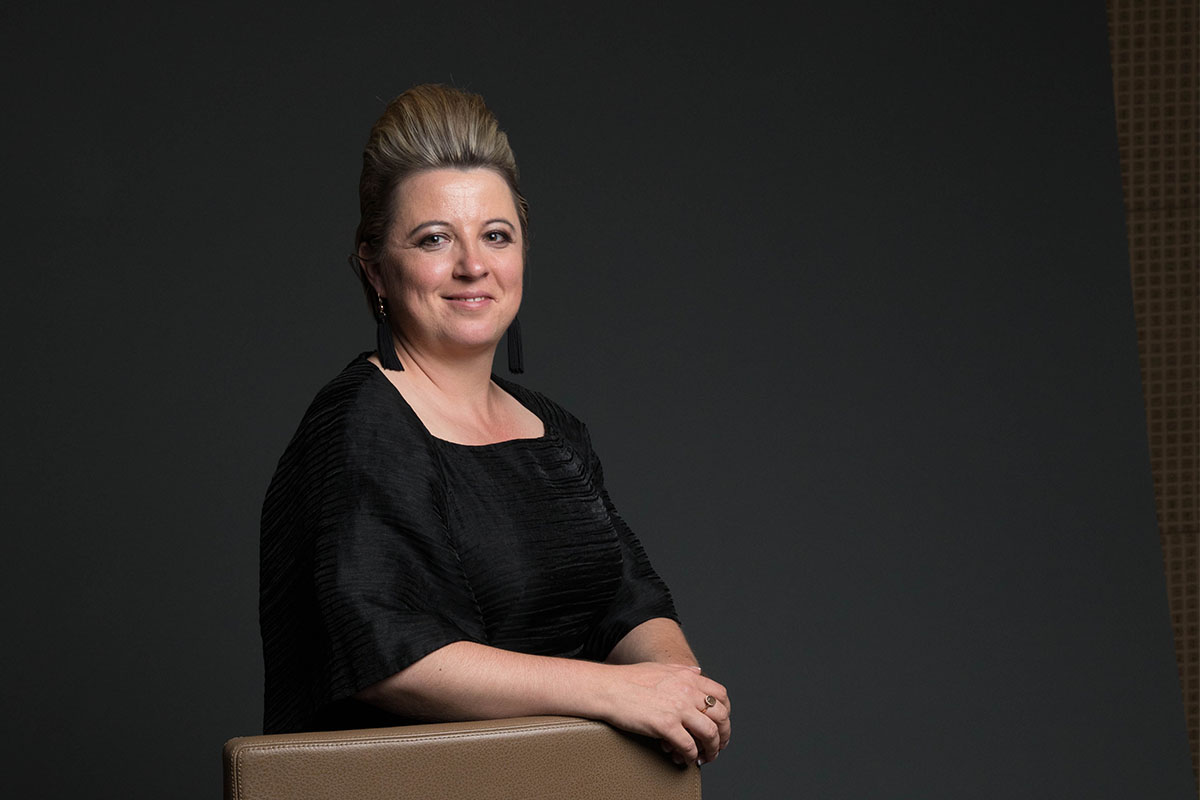“A lot of the time, the problem is women don’t put themselves forward for promotion. I often see women who think they have to know 80 per cent of a new job before they can apply. They think they’re not good enough or skilled enough, whereas men will put themselves forward knowing only about 40 per cent.
So, it’s very important that we develop their confidence and self-esteem so that they can confidently apply for leadership roles.
There’s also a lack of diversity training and education that really needs to start at a young age. There’s still the traditional view that men are tougher and better at handling pressure and that women with family responsibilities might not be up for the job.
There’s still the traditional view that men are tougher and better at handling pressure and that women with family responsibilities might not be up for the job.
It comes down to knowing and understanding each gender’s challenges. But we’ve also got four generations in the same workforce who have different expectations and a different understanding. With the older generation, their partners might never have worked. The new generation want more flexible working arrangements: being a both parent and having a career.
So, it’s also about assisting young male professionals to be able to have a conversation with their bosses about wanting flexible working arrangements so that their wife can go back to work and they can share the parenting. That kind of conversation needs to happen now to assist with the goal of gender equality.
Society still puts pressure on the female to be the primary carer, but it’s surprising how many young male professionals want to have this conversation. They want to be hands-on. They don’t want to get home and only see their child for an hour; they want to go to school and see their kids at assembly.
Society still puts pressure on the female to be the primary carer.
It’s also about educating the leaders in my organisation so that they understand what their future leaders are expecting.
Diversity is about supporting both genders and educating them to be able to speak up, have the courage to be upfront, and say: ‘I want to get to the next level, but I want to be involved in the upbringing of my child.’”







